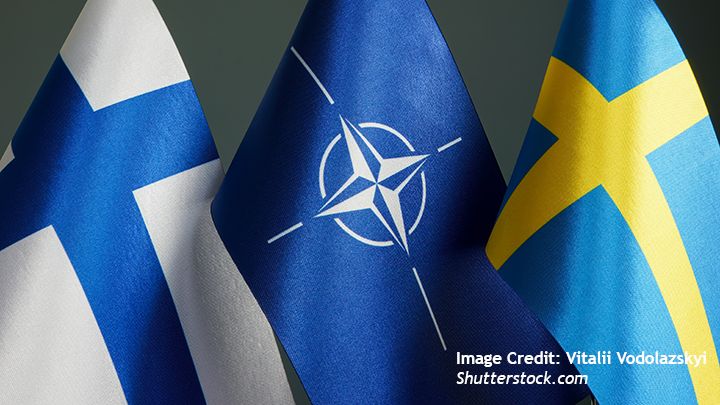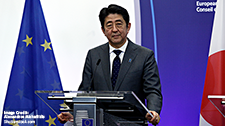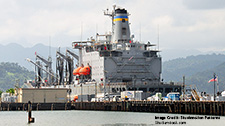Sweden Joins NATO: Implications for the Indo-Pacific

Jagannath Panda and Mahima Duggal
On March 7, almost two years after it first submitted its application and a year after Finland joined the North Atlantic Treaty Organization (NATO), Sweden officially became part of NATO’s 32nd member. Sweden’s accession, which was held up by Turkey and Hungary since it first submitted its application in May 2022, soon after Russia’s Ukraine invasion, has catalyzed changes in the European security framework, with implications for Indo-Pacific security.
This historic development categorically ends Sweden’s national and international identity as a neutral and non-aligned state, even though it has been often highlighted that Sweden in practice moved away from neutrality a few years after joining the European Union (EU). Moreover, the shift marks NATO’s firm hold over not only the Baltic Sea region but also the Arctic, a strategically important area of dominance for Russia where China, too, seeks access as part of its humongous Belt and Road Initiative (BRI).
Sweden’s new status as a full-fledged NATO member has certainly bolstered the alliance in face of the Russian challenge; as Jens Stoltenberg, the NATO secretary general lauded, it will make “NATO stronger, Sweden safer, and the whole alliance more secure.” However, as NATO looks eastward with an eye on China and partnering with Indo-Pacific countries to uphold global norms, Sweden’s accession also has notable implications for the Indo-Pacific.
Could NATO membership facilitate Sweden’s greater embrace of the Indo-Pacific construct, perhaps by issuing its very own strategy for the region in the future? Does the event foreshadow a strengthening of bipolarity? How will it impact India, if at all?
Related Publications
-
South Korea’s Indo-Pacific Strategy, Atmanirbhar Bharat, and the IPEF: Convergence and Commonality
For some time now, the existing multilateral networks such as those of the United Nations (UN) system have been largely ineffective in providing good global governance and helping create resilience, […]
-
Strong Europe-Japan Relations are a Legacy of Shinzo Abe
Abe was a firm proponent of strengthening a free, open and rules-based Indo-Pacific. Not only was he steering Japan away from total dependence on the U.S. for its security, but […]
-
Positive Paranoia: Chinese Interpretations of Indo-Pacific Geopolitics
This Focus Asia paper seeks to interpret Chinese narratives on Indo-Pacific geopolitics by reviewing Chinese state media and scholarly opinions on Indo-Pacific geopolitics. For this purpose, the paper also examines […]
-
Not Drawing a Parallel. Ukraine and Taiwan: An Indian Perspective
Russia’s war against Ukraine has not only had economic, diplomatic, and geopolitical repercussions, but also exaggerated the fear of accelerated conflicts in the Indo-Pacific, a region with several unresolved conflicts […]
-
India-Japan-Philippines: A Strategic Maritime Trilateral or More?
Regional states like India, Japan, and the Philippines have been seeking cooperative solutions with other middle powers that can both counter the Chinese influence and fulfill other economic as well […]




